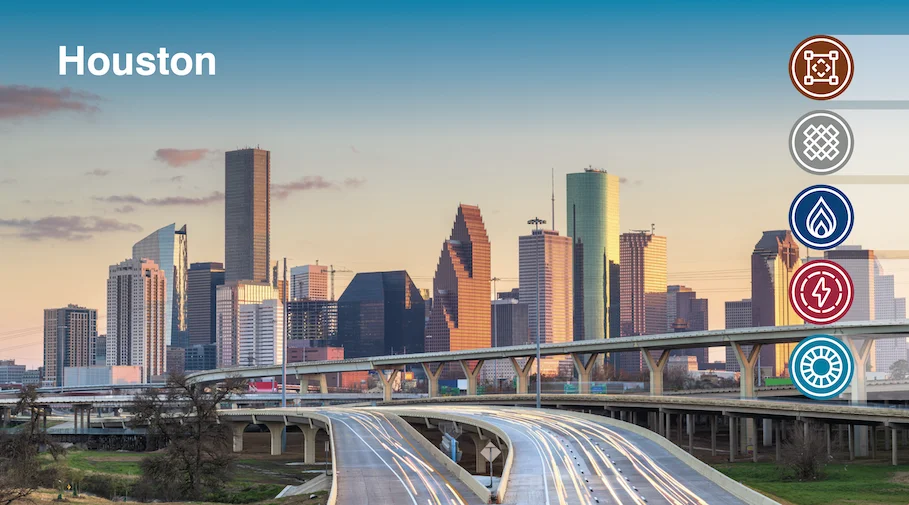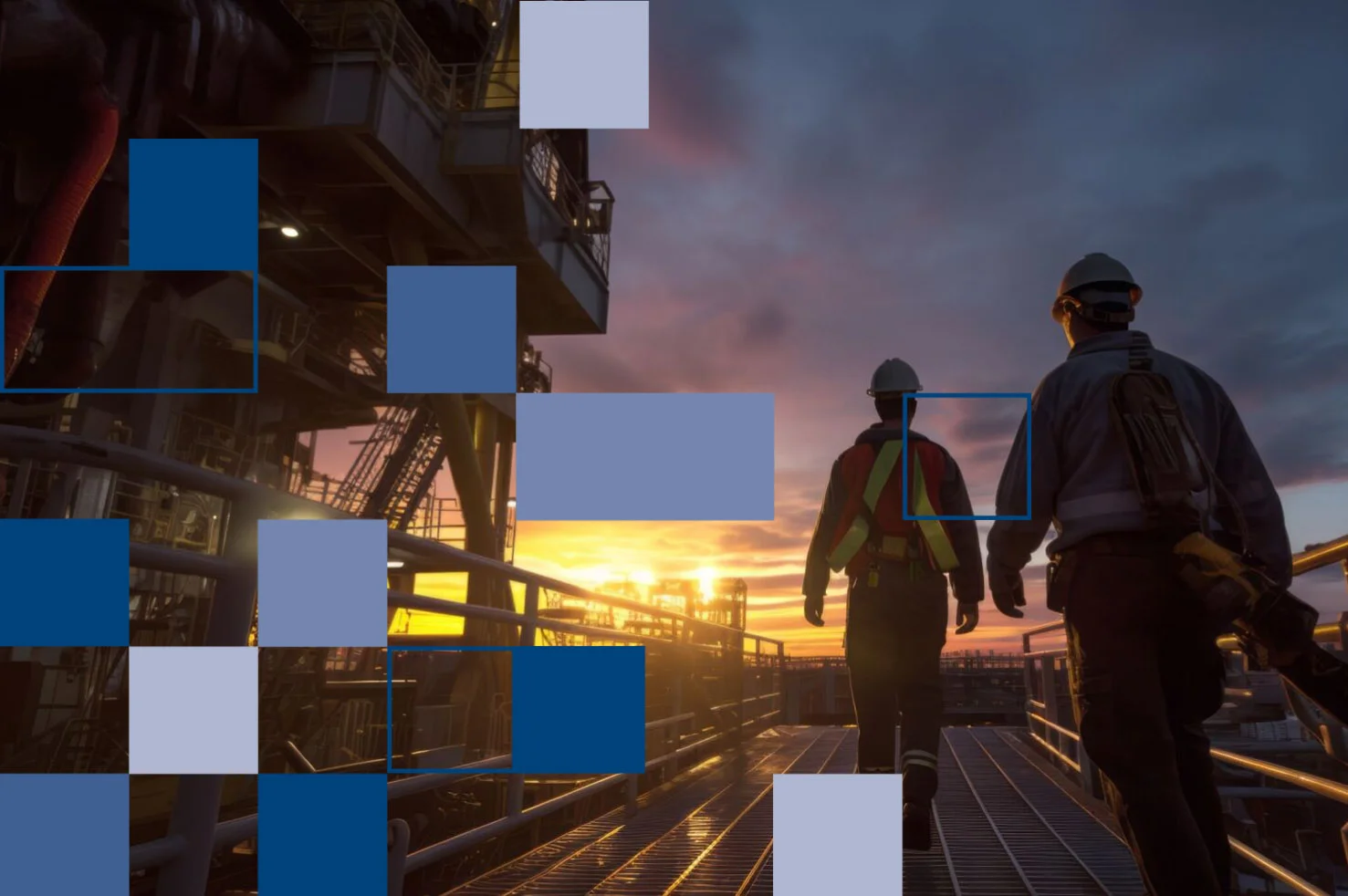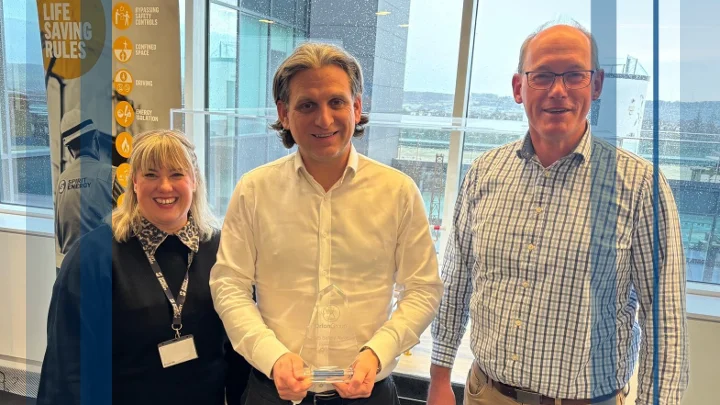How Oil and Gas Hiring Needs Vary by Project Stage
15 Jul, 20257 Minutes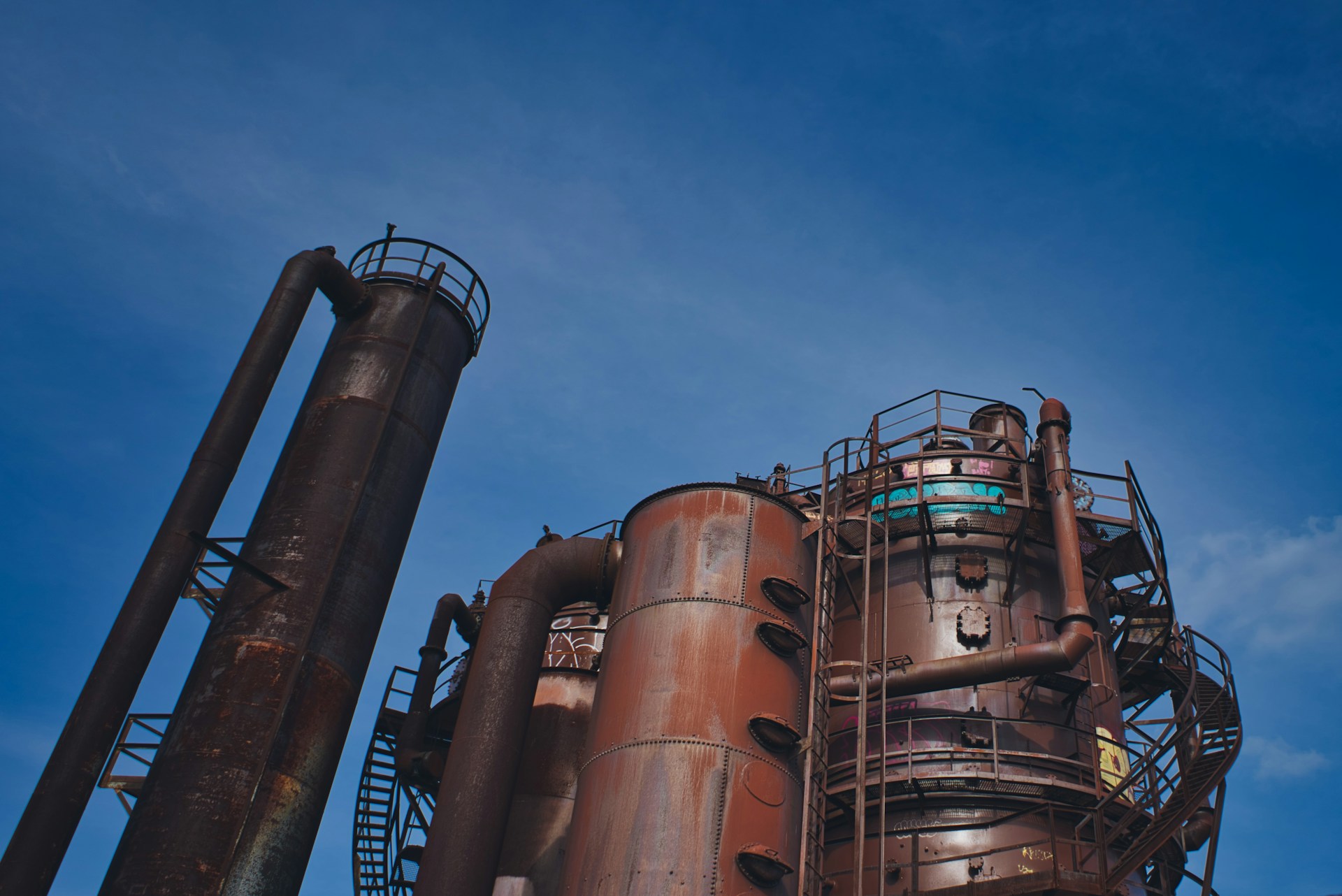
Recruitment across the oil and gas supply chain is not a one-size-fits-all process. Each part of the chain operates at a different pace, under different pressures, and with very different hiring needs. Upstream, midstream, and downstream teams all face unique challenges when it comes to sourcing and deploying the right people.
Oil and gas recruitment has traditionally followed a fixed model, often disconnected from the real conditions on site. But that no longer works. The demand for more agile, targeted hiring has grown. Delays, compliance failures, and workforce gaps usually trace back to mismatched recruitment strategies.
This blog breaks down how hiring requirements shift across the supply chain and why that matters. From the speed and risk of upstream operations to the compliance-heavy nature of downstream emissions work, we look at how recruitment can be shaped more effectively.
Upstream: Urgency, Mobilisation, and Remote
Hiring in upstream oil and gas operations is shaped by urgency, specialisation, and strict compliance. Once a scope is approved, projects often need to mobilise rapidly. Sometimes within days. That creates immense pressure on hiring managers to identify, vet, and deploy qualified personnel at speed.
This part of the supply chain moves fast. Exploration and early production phases often operate on compressed timelines, with hiring decisions driven by shifting scopes and tight commercial deadlines.
Typical upstream recruitment challenges include:
- Short lead times following project approval
- Stringent compliance requirements (offshore medicals, safety certifications, background checks)
- Heavy reliance on contractors, including welders, drillers, and offshore supervisors
- Limited availability of experienced talent already tied to long-term work
- Complex logistics for remote or offshore project sites
Unlike midstream or downstream phases, upstream roles tend to be contractor-heavy and location-dependent. Delays in sourcing just one key person can impact a whole project schedule.
Many of these challenges stem from applying a one-size-fits-all recruitment model across the supply chain. The needs of an upstream drilling team look nothing like those of a downstream operations site or midstream pipeline project.
Upstream hiring works best when project phases are mapped to recruitment workflows early on. That means building mobilisation timelines into workforce plans, identifying certification requirements in advance, and keeping in touch with high-demand personnel ahead of scope approval.
When recruitment reflects the pace and compliance demands of upstream work, hiring becomes faster, safer, and more aligned to operational delivery.
Tailoring recruitment to upstream project delivery
At this stage, oil and gas staffing is about rapid response and reliable talent access. Partnering early with a specialist oil and gas recruitment agency like Orion can significantly streamline the process. Our contractor-first approach allows clients to tap into pre-vetted talent pools, ensuring that onboarding and mobilisation can begin without delay.
In many cases, upstream success depends on hiring agility. A delay in placing one critical role can push back the start date of an entire project. By forecasting needs and working closely with hiring teams, Orion ensures the right people are available on-site and when and where they're needed.
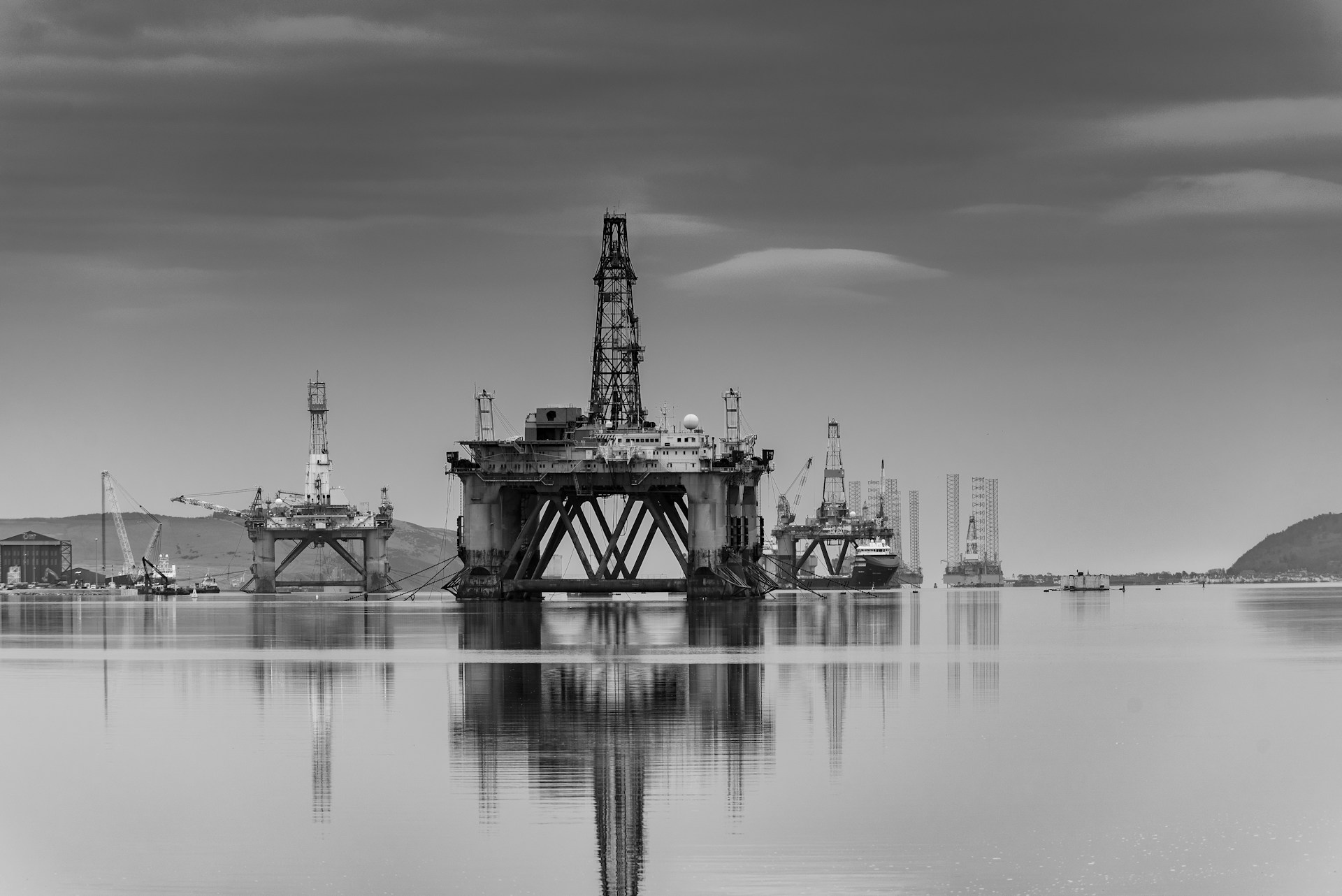
Midstream: Logistics, Inspection, and Coordination
Midstream oil and gas hiring centres around transport, infrastructure, and compliance. While the pace is slower than upstream, the complexity is just as high. Pipeline and transport projects often span multiple geographies and involve tight regulatory oversight. That creates pressure to find highly specialised personnel, without the same urgency.
This stage of the supply chain relies heavily on coordination. Roles must be filled early and accurately, with less room for error later. The focus shifts from speed to precision.
Typical midstream recruitment challenges include:
- Multi-region logistics and permit coordination
- Compliance-heavy QA/QC roles with niche technical requirements
- Long-term contractor and hybrid teams for inspection and oversight
- Planning bottlenecks tied to cross-border regulations
- Limited availability of experienced pipeline engineers, HSE leads, and integrity specialists
Unlike upstream projects, which often favour short-term contractors, midstream projects require sustained staffing. Candidates must be available for the duration of key phases, often months at a time, and have both technical and regulatory knowledge.
According to Global Market Insights, the midstream oil and gas analytics market is projected to grow at 25.4% CAGR through 2034, driven by digital transformation and the push for operational efficiency. This growth is increasing demand for inspection roles, pipeline data specialists, and logistics schedulers across North America, the Middle East, and Europe.
Many of the hiring hurdles here come from misaligned timelines. Upstream teams may move quickly, but midstream operations can't afford rushed decisions or non-compliant hires. Quality control and inspection delays can cause schedule overruns or regulatory breaches—both costly and avoidable.
Tailoring recruitment to midstream project delivery
The best midstream hiring strategies build months ahead. Workforce planning should align with inspection cycles, maintenance windows, and HSE audits. Job descriptions should reflect location-specific regulations and infrastructure scope. Certification tracking matters just as much as technical screening.
When hiring is mapped to project milestones, it reduces risk, avoids reactive staffing, and keeps delivery on track.
How Orion supports midstream hiring
This is where a forward-looking oil and gas recruitment strategy becomes vital. Orion works with clients to build midstream talent pipelines well in advance. By maintaining relationships with specialist personnel, we help avoid last-minute scrambles for talent and keep projects moving.
Our team also supports with market mapping and skills forecasting. By identifying early shortages in areas like pipeline integrity or HSE compliance, we help employers stay ahead of delivery risk.
Downstream and Emissions: Regulation, Plant Performance, and ESG Roles
Downstream operations are increasingly complex. From refining to chemical processing and emissions control, the downstream environment demands deep technical knowledge combined with regulatory fluency. The rise of environmental, social, and governance (ESG) standards adds another layer of pressure.
Recruitment in this space is focused on:
- Instrumentation and mechanical technicians
- Process engineers with experience in refinery or plant operations
- Emissions and compliance officers with ESG knowledge
- Hybrid roles that blend technical oversight with regulatory accountability
- Strategic planners for long-term workforce development
Retention is also a pressing issue downstream. Projects tend to run longer, and limited development opportunities can drive turnover. Orion supports clients not only in filling roles but also in creating progression paths to keep top talent engaged. We also help identify transferable skills from adjacent sectors, such as chemicals or utilities, to fill downstream gaps. This cross-sector thinking expands talent pools and ensures continuity even in tight labour markets.
As downstream operators prepare for tighter emissions controls and rising ESG demands, recruitment strategy must evolve. Our oil and gas recruiter teams focus on aligning talent with compliance and sustainability goals, ensuring performance without regulatory setbacks.
Recruitment Strategy Across the Chain: Tailoring to Each Stage
No two project phases are the same. So why should recruitment be?
Companies that apply a single hiring model across all phases often struggle with inefficiencies, bottlenecks, and missed deadlines. Instead, a stage-specific approach ensures that hiring aligns with operational needs.
A tailored recruitment strategy includes:
- Role scoping that reflects each stage's timeline, location, and risk profile
- Candidate profiling based on availability, certification status, and technical relevance
- Early identification of likely hiring bottlenecks, such as offshore certifications or visa delays
- Proactive workforce planning, particularly in compliance heavy or high-turnover environments
For example, upstream projects benefit from robust contractor networks and ‘compliance ready’ candidates, while downstream operations may need more structured onboarding and longer-term workforce engagement.
Working with an experienced oil and gas recruitment agency like Orion enables clients to:
- Define hiring roadmaps aligned to project milestones
- Build flexible recruitment models across contract and perm hiring
- Integrate staffing plans with supply chain delivery goals
- Scale teams up or down as project demands shift
We also offer market intelligence that helps clients make informed decisions. From availability trends to pay benchmarking, our insights ensure recruitment supports overall project success. Ultimately, adapting recruitment to each supply chain stage reduces risk and improves delivery. It gives hiring managers the confidence that they are hiring not just quickly, but correctly.
Getting Oil and Gas Recruitment Right at Every Stage
Hiring across the oil and gas supply chain isn’t one-size-fits-all. Each stage needs a different approach. Upstream recruitment is fast and compliance-heavy. Midstream roles need careful coordination and long-term planning. While ESG, operations, and specialist plant experience shape downstream hiring.
Treating them the same slows projects down. Tailoring your recruitment strategy to the way each phase works makes delivery smoother, safer, and more efficient.

Looking for Support with Oil and Gas Recruitment?
If you're hiring across the oil and gas supply chain, it may be time to rethink your recruitment approach. Orion supports upstream, midstream, and downstream clients with tailored hiring strategies that reduce risk, accelerate timelines, and improve workforce quality.
Whether you need compliance-ready contractors, long-term plant personnel, or ESG-aligned professionals, we can help you shape a recruitment plan that delivers real impact.
Speak to Orion to learn more about:
- Contractor mobilisation
- Midstream infrastructure hiring
- Downstream and emissions staffing
- Strategic workforce planning

